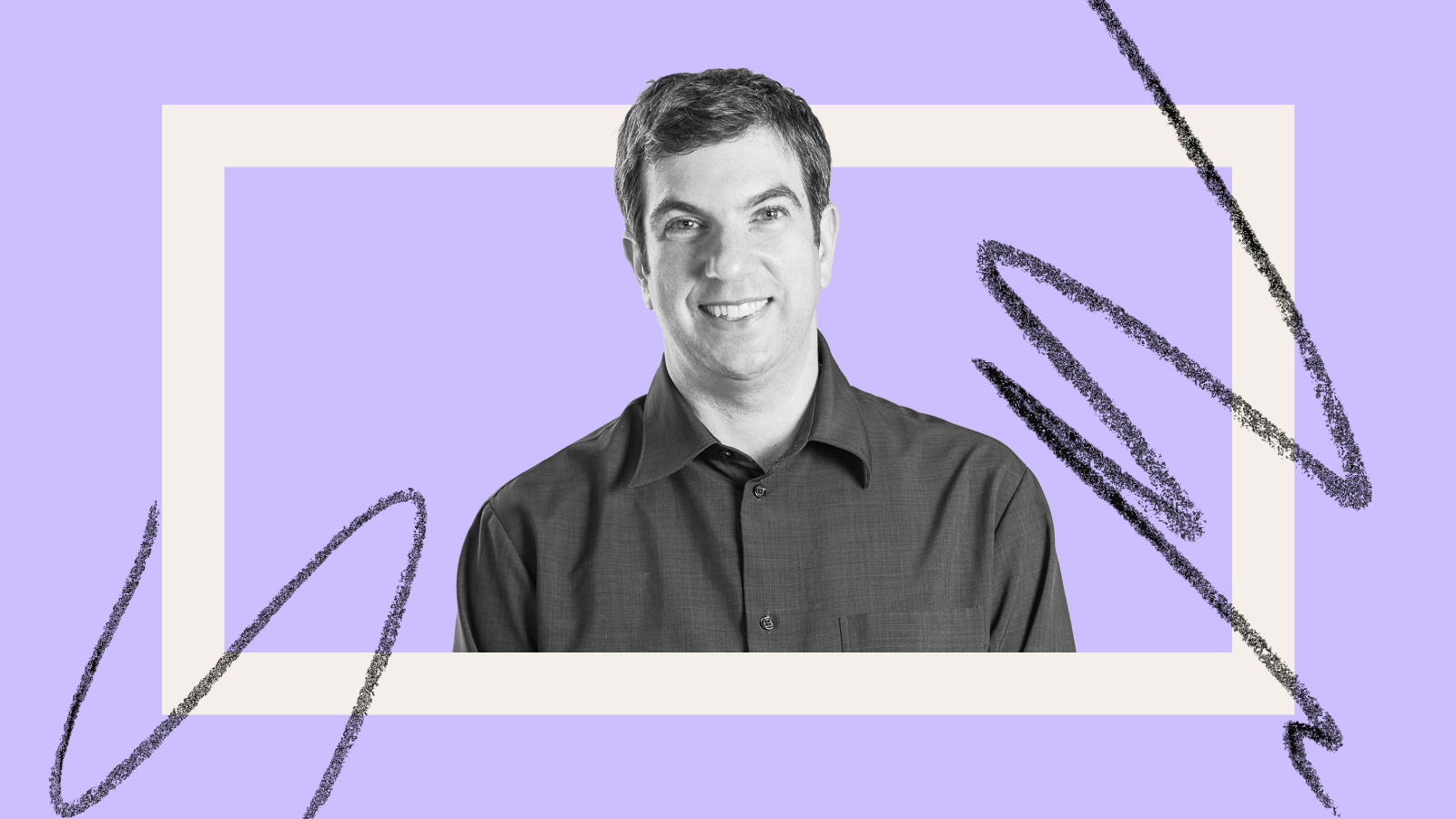Islam Is Not the Problem

Islam is not a monolithic religion or a single coherent ideology, any more than Christianity is. Yet many people—as I discovered in the comments on my last article—are willing to blame Islam for the actions of people have taken in its name. That’s understandable to a certain extent, since so many Muslim terrorists have themselves used their religion to justify their actions. And other Muslims have been sympathetic with the terrorist cause, or have at least felt that our own actions are equally bad. Nevertheless, many Muslims condemn terror and feel that it goes against the most basic tenets of Islam, which among other things clearly forbids the murder of non-combatants.
Islam, of course, has no single head who rules on points of religious doctrine. It’s split into several major divisions, and different Muslim sects have as much in common with each other as Mormons do with Unitarians or Orthodox Christians. Many Muslim leaders have strongly condemned the attacks on the U.S. and terrorism as a strategy in general. The religious justification for the attacks comes from people like Osama Bin Laden and Ayman Al-Zawahiri—who have no religious authority—with the support of a small, but still significant number of extremist clerics. Their arguments have certainly struck a chord with many Muslims, particularly in places like Saudi Arabia and Pakistan, and among the disaffected immigrants living in Muslim ghettos in Western Europe. But they are using religious language to justify political and economic grievances, and their ideas are repugnant to many Muslims.
Nor do all Muslims ascribe to the radical version of shari’a practiced by the Taliban, which is Medieval even by the standards of Medieval Islam. While it’s certainly fair to criticize the treatment of women in under shari’a law as practiced in some countries, many Muslims have a much more progressive attitude toward women. It is worth remembering that Pakistan elected a woman—Benazir Bhutto—Prime Minister in 1988, at a time when it would still have been practically unthinkable for a woman to win the U.S. presidency. And the world’s largest Muslim country is not Saudi Arabia or Iran or even Pakistan, but Indonesia, where they do not practice shari’a and where fundamentalist movements have had relatively little success.
“I do not know,” the great conservative statesman Edmund Burke once said, “the method of drawing up an indictment against a whole people.” Bin Laden justified the attacks on the World Trade Center by saying that we were all implicated in the crimes the West had committed against Muslims in the Middle East. He was wrong, in the first place, to blame the troubles of the region entirely on us. It’s obviously a much more complicated story than that, and the Middle East’s problems are in part the result of larger historical forces and the actions of corrupt local leaders. But from a moral perspective Bin Laden’s greater error was to hold the West and Christianity in general responsible for having been part of an often destructive colonial system. We should not treat Muslims the same way, and assume that because they ascribe to the teachings of Mohammed that they are not deeply moral people or on our side. By lumping even moderate Muslims—and even those Muslims who serve with honor in our government and in our armed services—with fundamentalists and terrorists, we do a grave injustice to people who otherwise would be our friends.





